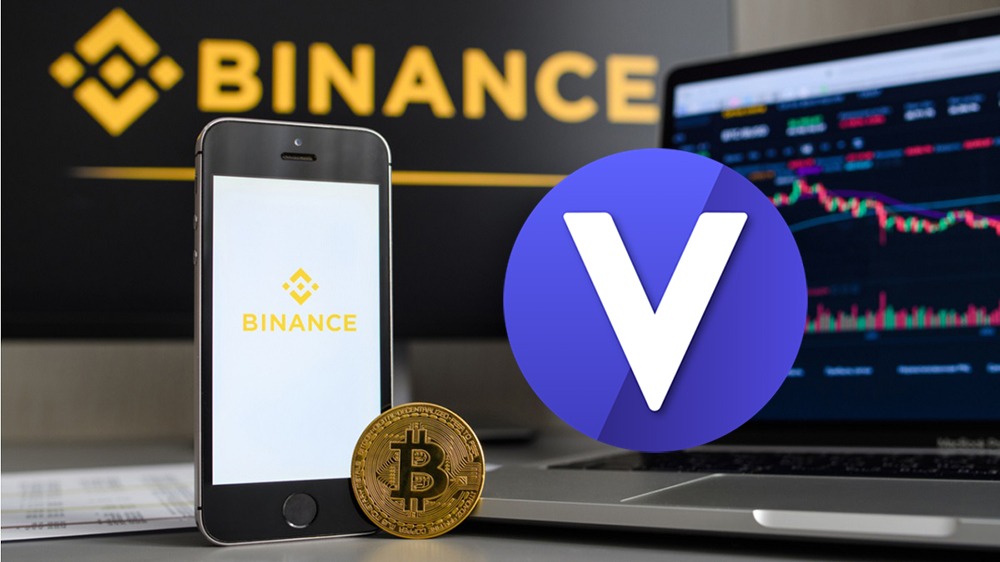Jon Cunliffe is the Bank of England (BOE) Deputy Governor. He stated that a new digital version of the pound could protect people if a banking system failure were to occur.
Consumers already exist “in an era of instantaneous bank runs,” the official claimed. Depositors can transfer money swiftly to another institution if they are concerned about the stability of the bank where they store their accounts.
The BOE and Treasury are debating whether to introduce a digital pound, “Britcoin.” The bank wants to create a monetary instrument for online transactions. Unlike crypto assets, the government and central bank will run the digital pound. If the government grants approval sometime in the middle of the decade, it might become a reality by 2030.
The government had to rescue banks like Northern Rock and Royal Bank of Scotland during the 2008 financial crisis. Cunlife reported that 60% of people’s money was in commercial bank deposits, necessitating state assistance.
What are the pros & cons of Britcoin?
This could present “risks about damage to the banking system” if they were authorized to transfer funds even faster than they currently can. Rather than constricting customers’ capability to secure assets, the most suitable approach to handle this would be to guarantee that a lender has been effectively dissolved through the BOE’s resolution framework.
Cunliffe acknowledged that the BOE lacks the technical expertise required to develop the cryptocurrency-like product. It also stated that if it were to move forward, it would need to collaborate with private-sector companies.
The idea of introducing an electronic currency has sparked debate. A House of Lords Committee came to the conclusion that there was no “convincing case” for Britcoin.
Cunliffe acknowledged that it could be tricky to characterize specific issues that a digital currency could resolve. Nonetheless, he claimed that the idea behind Britcoin was more about preparing the UK’s payments system for a time when cash may no longer handle everyday transactions.
According to him, the BOE would be “complacent” if it believed that no new technology would emerge. Whether the BOE moves forward or not, major IT companies like Google and Amazon.com, will probably find a way to incorporate the payment process far more comprehensively into digital platforms and activities.
Cunliffe noted that in those circumstances, having a state-backed digital currency as a middleman for other private online platforms could be beneficial. He claims that they can “program” money to automatically make payments for subscriptions or budgeting.













